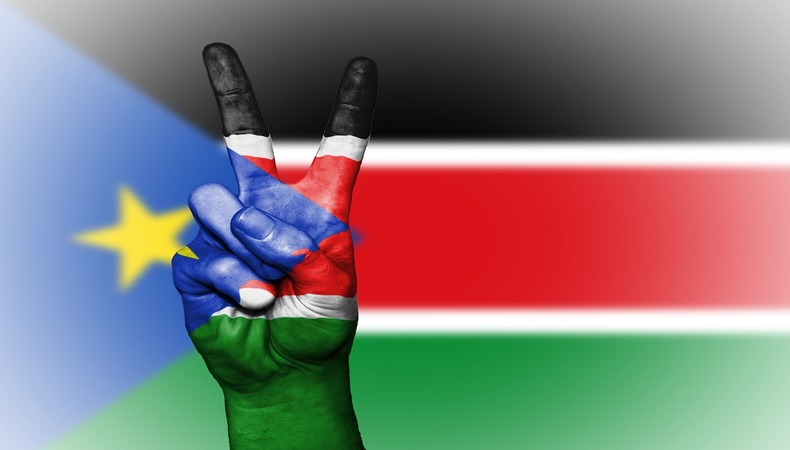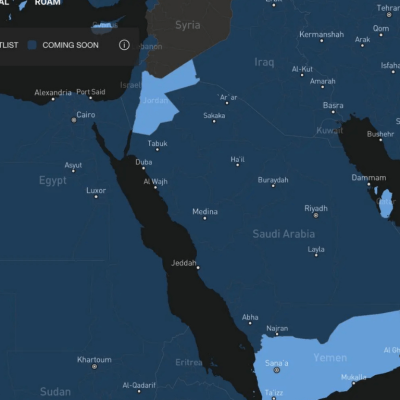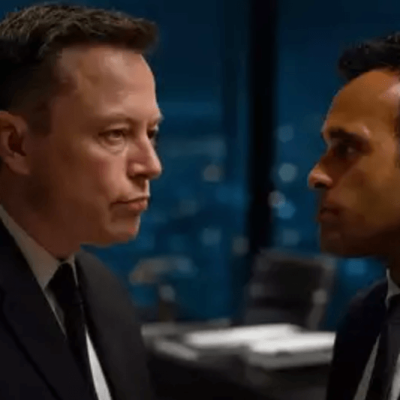Is Elon Musk’s X Fueling the Sudan War?

Sudan’s civil conflict has gone mostly under the radar while world news generally focuses on the battles in Gaza and Ukraine. Tens of thousands of people dead and millions displaced mark what began in April 2023 as a full-fledged humanitarian catastrophe—a brutal struggle between two rival leaders.
Widespread human rights abuses noted and essential infrastructure including hospitals, schools, and utilities destroyed by the war has left the country in ruins. Turning to digital propaganda, both the Sudanese Armed Forces (SAF) and the opposing Rapid Support Forces (RSF) have been pushing their goals across this crisis. Under General Abdel Fattah al-Burhan, the SAF controls official media and friendly news sources, therefore providing a stage on which to portray its narrative.
Conversely, the RSF, a brutal paramilitary group led by warlord Mohamed Hamdan “Hemeti,” has utilized social media to project sympathy and charity even while it is involved in heinous crimes.
The RSF Digital Frontage
The RSF has promoted a misleading picture of itself as a force for good using social media, particularly X (formerly Twitter).
Shortly after the conflict began, this project involved the establishment of a so-called “hotline” on WhatsApp supposedly to link people in occupied areas with humanitarian supplies and assist with evacuations. Presenting itself as an agent of peace and defender of people, the RSF also claimed to have created a new civilian protection force and promoted it especially online.
On August 12 Hemeti uploaded an eight-minute X video describing this new army. With Hemeti as a compassionate leader committed to the welfare of Sudanese people highlighted, the movie drew about 800,000 views. Online RSF blogs have highlighted various humanitarian projects including water pump installation, food distribution, and school visits. Still, professionals question the real relevance of these claims.
Hidden behind the RSF Image The reality on the ground shows a much different picture than the internet propaganda of the RSF. Especially focusing on non-Arab tribes in Darfur, the RSF has been accused of carrying out deliberate killing, ethnic cleansing, and sexual abuse among other grave crimes. Originally largely from Sudan’s Arab majority, the group’s militants have been connected to several breaches of human rights, therefore running against their stated humanitarian image.
Furthermore, UN investigations reveal that the RSF has intentionally hindered relief efforts including food aid delivery, even while it promotes its humanitarian initiatives on social media. This difference between the RSF’s actions in the field and its online narrative highlights the dangers of reliance simply on social media for accurate information in regions of war.
Starlink’s purpose as well as digital warfare’s Complicating things even more is the RSF’s access to Elon Musk-owned Starlink internet services, which support digital propaganda. From nearby Chad and South Sudan, the RSF allegedly obtained Starlink terminals by means of smuggling channels, therefore avoiding internet bans and facilitating more effective operation.
This access to sophisticated communication tools enhances the RSF’s capabilities to maintain its online presence and organize its operations while in constant conflict. Given the RSF’s use of social media to conceal its activities and the part Starlink performs in supporting its operations, more rigid rules to manage the use of digital platforms in conflict regions are sorely needed.
The proliferation of misleading information and the continuous ability of armed groups to exploit digital channels for their goals highlight the need of solid legislation to reduce the influence of such propaganda.
Also Read:
https://thearabposts.com/how-irans-combat-drones-could-tip-the-scales-of-sudans-civil-war/
Ahead: Handling the digital dimension
The ongoing violence in Sudan is most likely going to endure as long as ineffective peace initiatives remain stationary. Still, finding a solution for the digital component of the dispute offers one line of action. Tightening laws on digital platforms and ensuring organizations like the RSF cannot use these technologies for propaganda goals will help stop the distribution of incorrect content and limit the group’s power to provide a false image.
Basically, it is impossible to ignore how digital propaganda influences ideas and affects the fight even if Sudan’s civil war is still under development with horrible consequences. Dealing with this element of modern warfare is necessary to clarify the situation and support projects aimed at a just ending.




